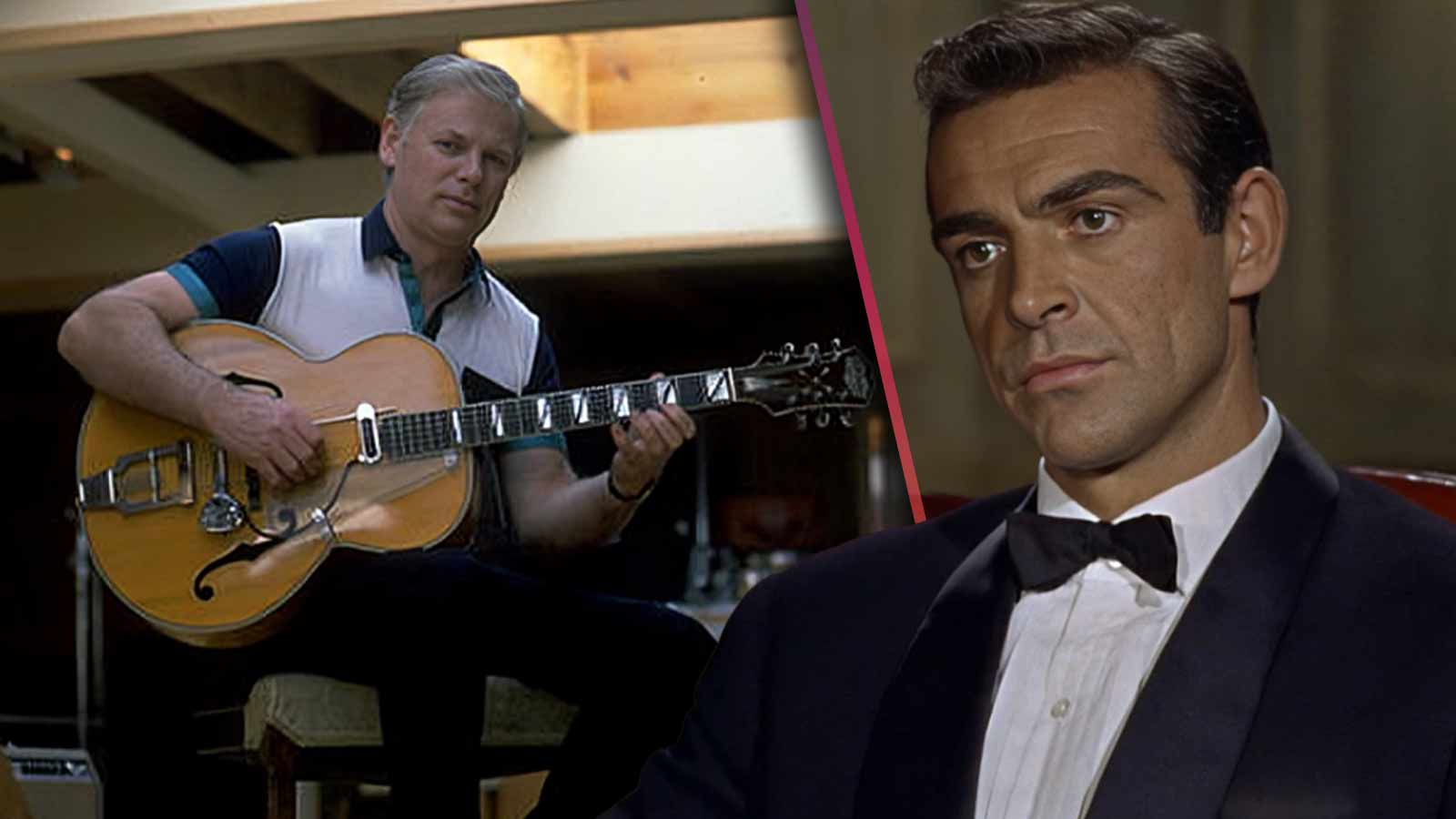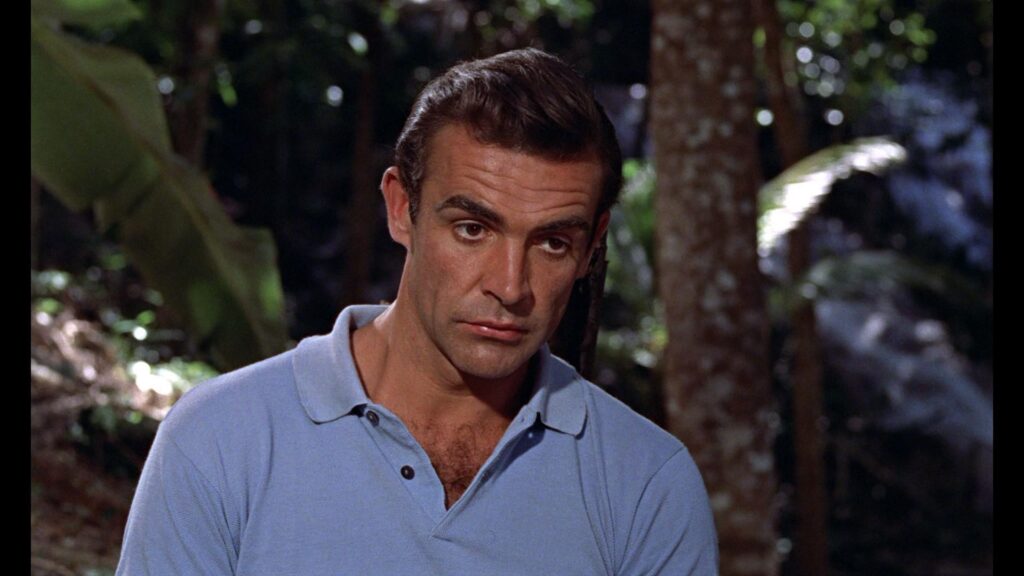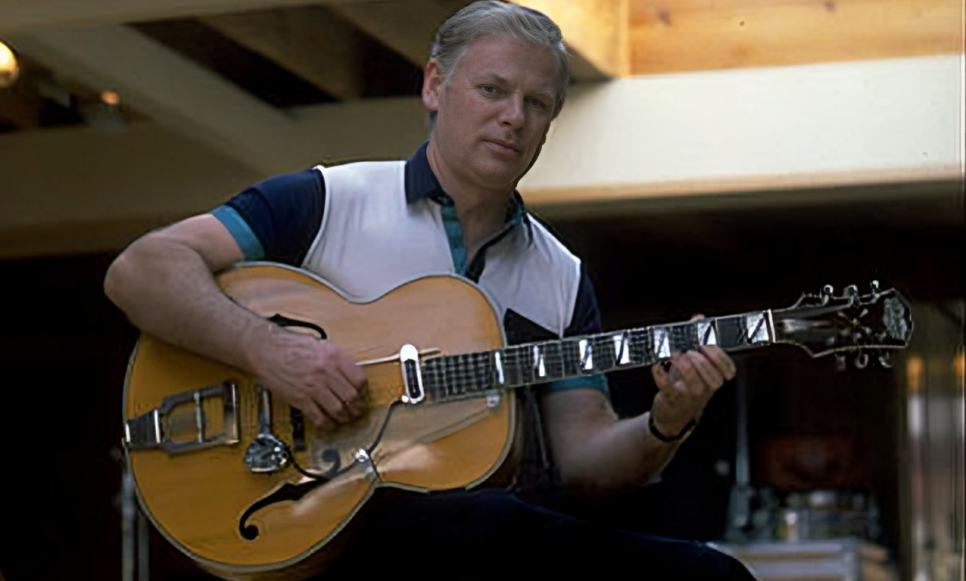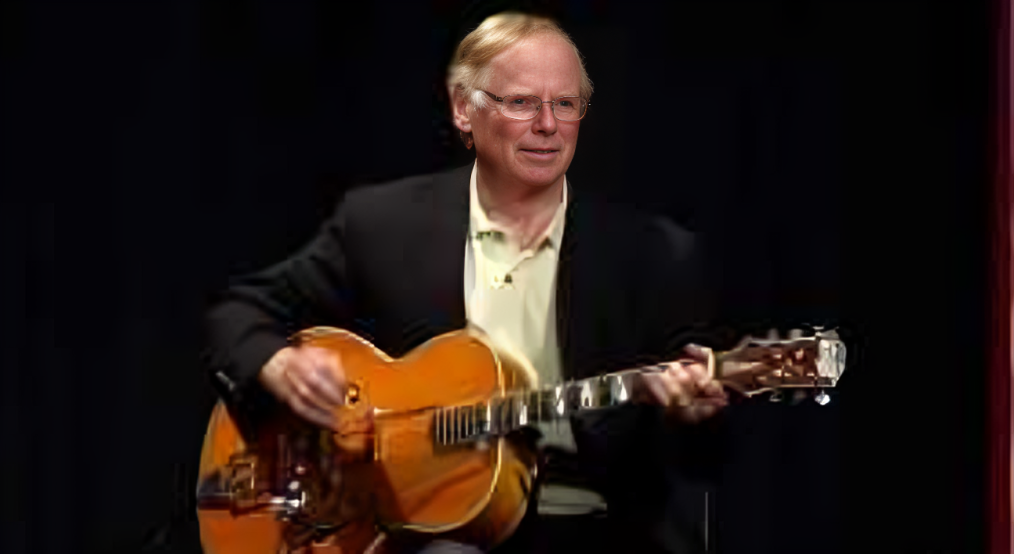Vic Flick’s Shocking Payout for Playing the Guitar Riff for James Bond Theme Song
- Vic Flick’s guitar riff became an iconic part of the 'James Bond Theme.'
- His career spanned decades, collaborating with legendary artists.
- The English guitarist passed away after a long battle with Alzheimer’s disease.
Imagine creating the most famous guitar riff in movie history, and getting paid less than a cheap dinner for it. That’s exactly what happened to Vic Flick, the man behind the unforgettable guitar riff from the James Bond Theme.
It’s hard to believe that the song we all know, which’s been used in countless Bond films, almost didn’t make it—especially when you hear how little Flick was paid for his big moment. The truth is: that it’s shockingly low.
But even though his check for playing the Bond theme was ridiculously small, Flick made a huge impact on music, and his career took him to places most musicians can only dream of. He played on soundtracks, worked with legendary artists, and became an essential part of music history.
What Was Vic Flick’s Payment for Performing the Iconic James Bond Guitar Riff?
If you’ve ever watched a James Bond movie, you know the guitar riff we’re talking about—the one that gets you pumped up and makes you feel like you’re about to go on a dangerous mission. It’s just so iconic!
But do you know how much Vic Flick was paid for playing that famous riff? According to The Guardian, it’s just £6. Yep—less than the cost of a lunch outing. In June 1962, Flick recorded the Bond theme with his 1939 Clifford Essex guitar, plugged into a Fender amplifier.
The sound that came from his guitar is still one of the most recognizable pieces of music ever. But despite creating that unforgettable sound, the English guitarist only walked away with a small payment. He didn’t just get lucky with the riff, though. Flick worked his magic with some cool tricks. In a 2021 interview with Guitar Player magazine, the Worcester Park native said:
I placed the DeArmond pickup near the bridge. I put a crushed cigarette packet underneath it to get it nearer the strings. That helped to get that round sound. Most important, sound wise, was the Vox AC15 amplifier. I used it on tour. It wouldn’t let me down.
So, after all of that genius-level work, the man got paid just £6 for the session.
Vic Flick’s Career and Net Worth
Flick didn’t make a fortune from the Bond theme, but he didn’t stop there. He went on to have an impressive music career that stretched far beyond just that riff. In fact, Flick played on a few other Bond tracks, including Shirley Bassey’s Goldfinger theme.
But that’s just the beginning. He worked on tons of other famous songs and projects, like Peter and Gordon’s A World Without Love, Petula Clark’s Downtown, and Tom Jones’ It’s Not Unusual. Flick didn’t just stay in one lane.
He worked with big names like Jimmy Page, Eric Clapton, and Dusty Springfield. He was also part of the team that helped make the soundtrack for A Hard Day’s Night, working with the Beatles.
Even though Flick didn’t end up with a massive fortune, he built a solid career. According to Celebrity Net Worth, his net worth was around $500,000, which is respectable, especially considering how much work he put in.
Vic Flick’s Timeless Legacy Lives On
Sadly, Vic Flick passed away on November 14, 2024, after battling Alzheimer’s disease. His death marks the end of an era for the music world, but his legendary work will always be remembered. Flick leaves behind his wife, Judith, his son Kevin, and his grandchild Tyler.
Kevin shared the news of his father’s passing on Facebook, showing just how much he meant to his family. Though he’s no longer with us, the sounds Flick created will forever be intertwined with our memories of James Bond and the pop culture of his time.
His contributions to music and film are immeasurable. And while he may have left us too soon, he’ll always be remembered for making the world a cooler place—one riff at a time.









